Specific habits that aggravate the burden in smokers suffering from schizophrenia
People with schizophrenia often smoke more intensely and frequently than others, taking deeper and longer inhales which exposes them to higher levels of harmful chemicals in cigarettes.
They also tend to smoke more cigarettes and are more nicotine-dependent compared to those without schizophrenia.
Factors like lower education, unemployment, severe symptoms, high caffeine intake, and substance use disorders can contribute to their smoking habits.
But it’s not just smokers who are at risk.
Non-smokers who breathe in second-hand smoke are also in danger.
In the United States alone, exposure to tobacco smoke leads to the premature deaths of an estimated 50,000 people each year.
This stresses the far-reaching impact of tobacco use on both smokers and those around them.
Understanding the harmful effects of smoking is crucial to protecting the health and well-being of those living with schizophrenia.





